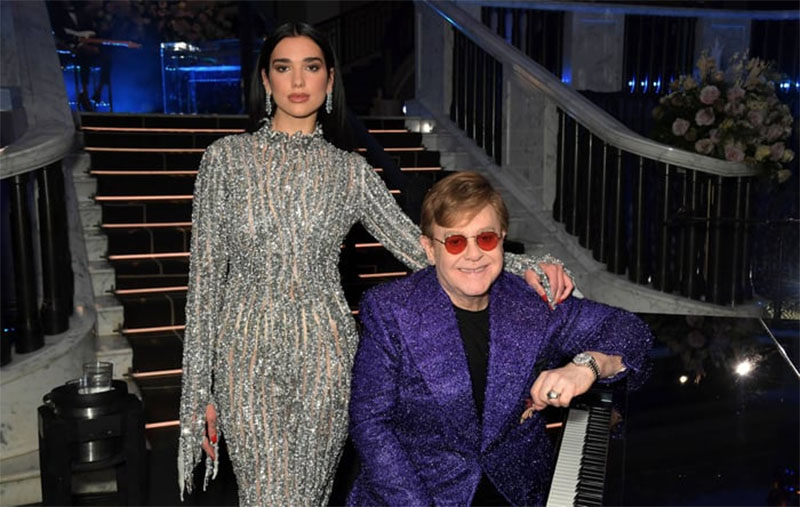
Photo Credit: Getty Images
Over 400 prominent British musicians, such as Dua Lipa, Sir Elton John, Florence Welch, Coldplay, and Nobel laureate Kazuo Ishiguro, asked Prime Minister Keir Starmer to support fresh copyright safeguards during the rise of artificial intelligence. Their open letter, submitted ahead of a crunch House of Lords vote on the Data (Use and Access) Bill, warns that unless there is reform, creators could be forced to “hand over” their work to tech companies developing AI products.
The artists have backed an amendment proposed by Baroness Beeban Kidron that would require AI developers to disclose the copyrighted materials they employ in training their models. The amendment aims to introduce a balanced system of licensing that informs creators and compensates them when their work is utilized in the creation of AI training data sets.
“AI needs us as much as it needs energy and computing capability,” the letter states. “We are creators of wealth, we reflect and represent national stories, and we are future creators.” The artists argue that the UK’s creative sector—a global leader worth over £100 billion annually—risks being undermined if copyright protection is not updated to address the challenges of generative AI.
The current proposal for the UK government allows developers to employ online material for training up artificial intelligence models as long as the rights holders do not elect to opt out. But this approach, critics say, is impossible, and too much is asked of sole creators. Most believe the law should instead require a consent model.
Baroness Kidron emphasized that her amendment would not murder innovation but instead provide a basis for a healthy market of licensing. “The UK is well positioned to take its proper place as a world leader in the global AI supply chain,” she said. “But for that to happen, it must have transparency.”
Criticism of the amendment has been received from think tanks like the Centre for British Progress, which states similar measures could hinder the UK’s tech development and push AI development abroad.
Yet, with the artists increasingly sounding worried—including subtle protests like that led by Annie Lennox and Damon Albarn—the government is under growing pressure to act. Ishiguro summed it up: “Why should we alter our time-honoured copyright laws to benefit mammoth corporations at the expense of independent artists?”
The House of Lords will decide on the amendment on Monday. The result can determine how Britain strikes a balance between innovation and creative rights during the era of artificial intelligence.
















